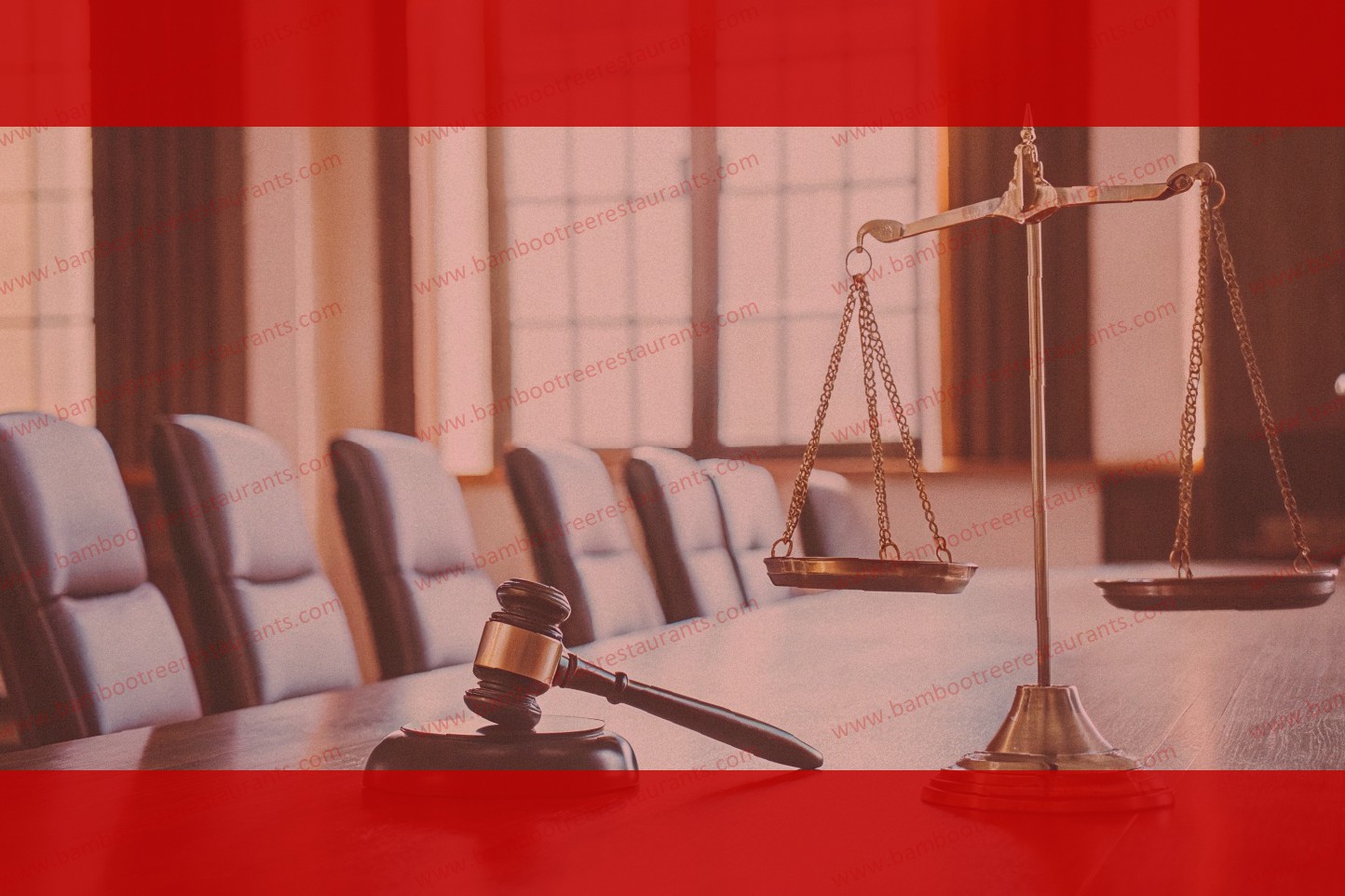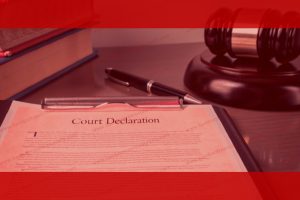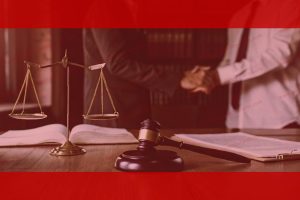Introduction to the Business Judgment Rule
The business judgment rule is a tenet of corporate governance which provides that the decisions of a board of directors will be respected by the courts as long as those decisions have been made in good faith, may be characterized as being rational or based on a logical interpretation of the facts, and are made with the belief by the board that the decision is in the best interest of the company they serve.
The origins of the rule trace back to over a century ago and its genesis in the Delaware Chancery Court. In 1919, the Delaware legislature, having recast the corporate code to address the difficulties it perceived in the application of English corporate law, clearly stated the principle, codifying the rule in Section 141(a) of the Delaware General Corporation Law ("DGCL") . The statute provides: "The business and affairs of every corporation organized under this chapter shall be managed by or under the direction of its board." The State of Delaware has earned its reputation as being a leading jurisdiction in which to incorporate due in large part to the business friendly flexibility of the statutes as well as the vast body of case law which interprets them. The business judgment rule, so critical to the discretion of directors, is therefore of particular importance to corporations who choose to avail themselves of Delaware law in order to organize their domestic commercial and corporate enterprises.
Statutory Framework and Applicability in Delaware
The Delaware Chancery Court vests significant authority in the decision-making of boards of directors. By exercising a presumption of good faith and rationality in the context of board actions, the court provides an avenue for directors to navigate their course without the threat of liability. The Delaware business judgment rule ("BJR") imposes a rebuttable presumption that a director’s decision is an exercise of "due care." If successful, this presumption shields a corporation from liability for its directors’ decisions.
Delaware applies the BJR in instances where a plaintiff fails to overcome the presumption of deference accorded to the corporation. Acting in accord with their fiduciary duty, also known as the duty of loyalty, directors are obligated to act in the best interest of the corporation. To that end, a decision rendered under the auspices of the BJR restricts a court from substituting its judgment for the directors’ judgement "if they are informed and act in good faith."
Historically, the BJR has been applied by Delaware courts to decisions that manage a corporation’s business and financial affairs. In light of the Delaware Supreme Court’s decision in Zapata Corp. v. Maldonado, 430 A.2d 779 (Del. 1981), however, the BJR is applied by the Delaware Chancery Court to the decisions of litigation committees appointed by the board of directors. The holding in Zapata involved corporate monitors, and has recently been extended to apply to litigation committees and indemnification proceedings brought to protect directors.
The BJR also governs directors’ compensation. A court will presume that a grant or raise in compensation to a director was an exercise of due care so long as the action was made (1) in good faith and (2) informed. Additionally, when directors make a decision regarding the compensation of a corporate officer, a business judgment will survive if it is reasonable.
Protections and Limitations Afforded to Directors
The Business Judgment Rule serves as a shield for directors who have acted in good faith. Specifically, the Rule can only attach if the directors "are fully informed and act impartially, in good faith, and in the rational belief that what they are doing is in the best interest of the corporation." See Grobow v. Percepto, Inc., 589 A.2d 194, 205 (Del. 1991). Even in cases where the directors’ motive for a decision appears to be self-interested, the Rule can protect them. "A transaction motivated by a desire to perpetuate management or to entrench management is not per se void; the underlying question is whether the transaction was objectively fair." See TOP equities, Inc. v. Brown, 95 A.3d 385, 405 (Del. Ch. 2014). The analysis here is whether a rational person would have made the same decision as the directors.
A director in a corporation can guard against attacks on a "business decision" by acting in accordance with the "Deferred Prosecution Agreement" ("DPA") provided their actions in a "business decision" were consistent with the DPA. In addition, the Delaware Supreme Court has held that a merger does not by itself excise the continued fiduciary duties owed towards the selling shareholder. See Trados, Inc. v. Zeltmann, 2010 WL 2954629 (Del. Ch. July 27, 2010).
There are many situations where the business judgment rule will not apply. "The business judgment rule, being a presumption, cannot sustain an attack if the procedural prerequisites to its application are not satisfied." See M.G. Bancorporation, Inc. v. LeBeau, 737 A.2d 513, 521 (Del. 1999). Another issue that breaks the business judgment rule is when the action taken by the directors is in contravention of their duty of loyalty. See Trados, Inc. v. Zeltmann, 2013 WL 4157206 (Del. Ch. Aug. 2, 2013).
Key Delaware Case Law
Several landmark Delaware decisions have addressed and clarified the application of the business judgment rule and are instructive to corporate directors and officers.
Delaware courts have long held that while the business judgment rule generally forbids the court from second-guessing the decisions of the board, however, when a board of directors decides to defend against a corporate takeover, it may be required to do more to demonstrate the good faith and reasonable belief of the board members that a duly elected hostile acquirer would threaten the corporate enterprise or violate the law and that such a threat justifies the board’s actions. See Revlon, Inc. v. MacAndrews & Forbes Holdings, Inc., 506 A.2d 173 (Del. 1986). The rules for boards of directors recognizing the need for a heightened review of the actions of so called "defensive boards" were first expressed in the case of Unocal Corp. v. Mesa Petroleum Co., 493 A.2d 946 (Del. 1985) . The Unocal case has become the well-known starting point for courts which struggle to define the limits of board intervention in corporate control transactions.
In the Revlon Decision, the Delaware Supreme Court held that when directors of a corporation determine to employ a transaction defensive to a takeover, they have a "fiduciary duty to act reasonably in the interest of the corporation’s shareholders and in a manner consistent with maximizing shareholder value." See Revlon, Inc. v. MacAndrews & Forbes Holdings, Inc., 506 A.2d 173 (Del. 1986). These board rules resulted in enhanced scrutiny of the decision-making of boards that had approved transactional defenses. Under this standard, the court will impose liability only when a plaintiff can prove the decision was "unreasonable." The Revlon standard is one of the toughest standards to meet, and it requires a focus on the company’s economic return and opportunity to learn before the decision is made. The Revlon decision has become the most widely cited opinion on the duties of directors when making business decisions.
Criticism and Controversy
Delaware corporation law has long been criticized for providing leeway to those in control of the corporation (be it the board, majority shareholders, or controlling shareholders) and for eliminating liability even when the controller may have acted in a manner some may consider unfair or oppressive. The doctrine of the "business judgment rule" is an oft cited reason why no liability attaches when directors have a potential conflict between their personal interests and the corporation they run (i.e. disloyalty) and such directors are usually protected when they act rationally as is the case when they follow a process. The case law that has developed over the years in Delaware underscores the notion that while the business judgment rule insulates directors from breach of loyalty suits, there are times when they will not have the protection of the business judgment rule even though there may be evidence that they acted reasonably. Even worse, in those cases where the directors’ process is suspect, the court will dissect the process to determine whether or not it was adequate.
The business judgment rule clearly requires directors to comply with their duty of loyalty to the corporation before the courts will protect them from charges that they breached their duty of loyalty (disloyalty). Delaware courts have consistently held that there is a distinction between a duty of care and a duty of loyalty. Removal of the protection of the business judgment rule for the majority shareholders, such as is the case with minority squeeze-outs, occurs mainly because of the disloyalty that is inherently present in those transactions. After the 1986 Weinberger decision, minority squeeze-out litigation has become commonplace in Delaware. Directors who hopped on the bandwagon after Weinberger were soon beset with litigation focusing on their failure to value the minority’s interest properly. Litigation imposed, in effect, fiduciary duties on directors to ensure that they valued the minority’s interest in the squeeze out.
The business judgment rule may also present an obstacle to plaintiffs because judges lean towards protecting the advice of corporate officers and directors who rely on experts in a subject matter. Significant decisions of directors and officers, within the scope of their authority, come from the advice of experts, and judges take that into account in examining whether directors acted rationally and in good faith. This place deference firmly in the hands of those receiving expert advice, but such advice becomes questionable when it is brought to disaster by the collapse of the corporation.
Conclusion and Future of the Rule
In conclusion, the business judgment rule has played a pivotal role in shaping corporate governance and protecting the interests of management, shareholders, and business associations in Delaware. The rule offers directors a high level of deference as long as they can demonstrate they acted in the best interest of the corporation and its shareholders while exercising due care and good faith. Moreover, there is no indication that this principle will change in the foreseeable future . Corporate law practitioners will continue to debate the extent to which the rule encourages or hinders innovation and risk-taking and whether it provides sufficient accountability for corporate decision-makers at the expense of shareholders’ interests, as well as how to address the influence of derivative actions. However, the Delaware courts have indicated that and formalism must give way to reason where otherwise appropriate in the exercise of their discretion. Therefore, an incremental approach is more likely to prevail than a radical change in corporate law doctrine.




+ There are no comments
Add yours